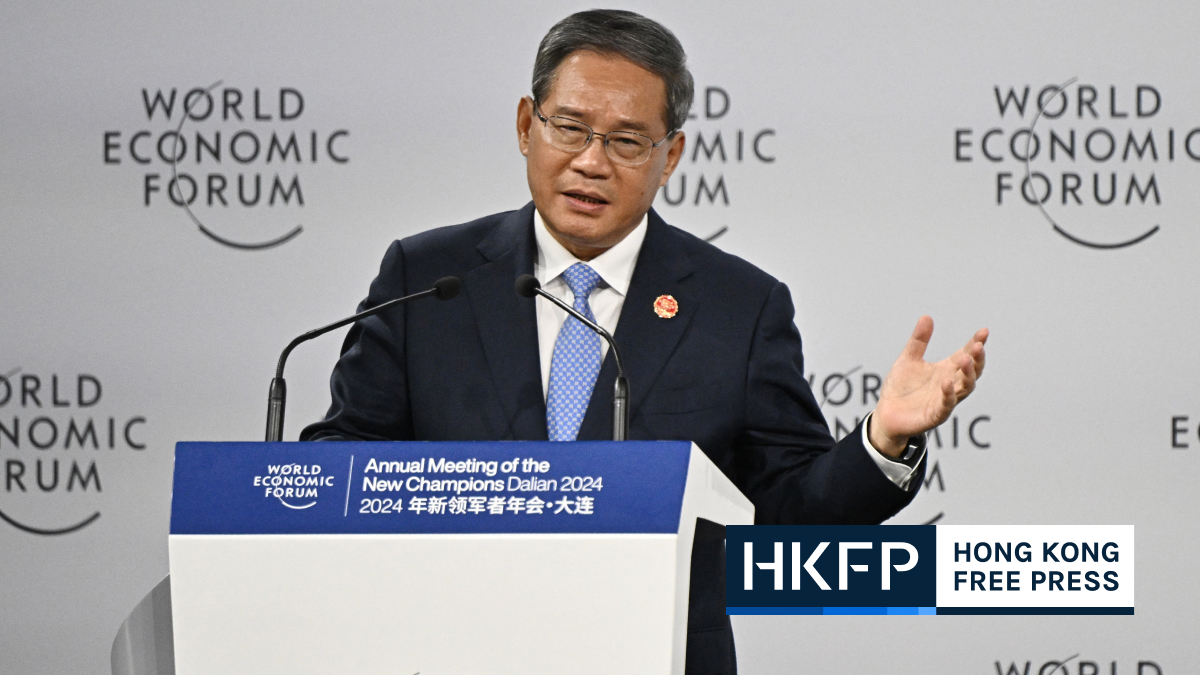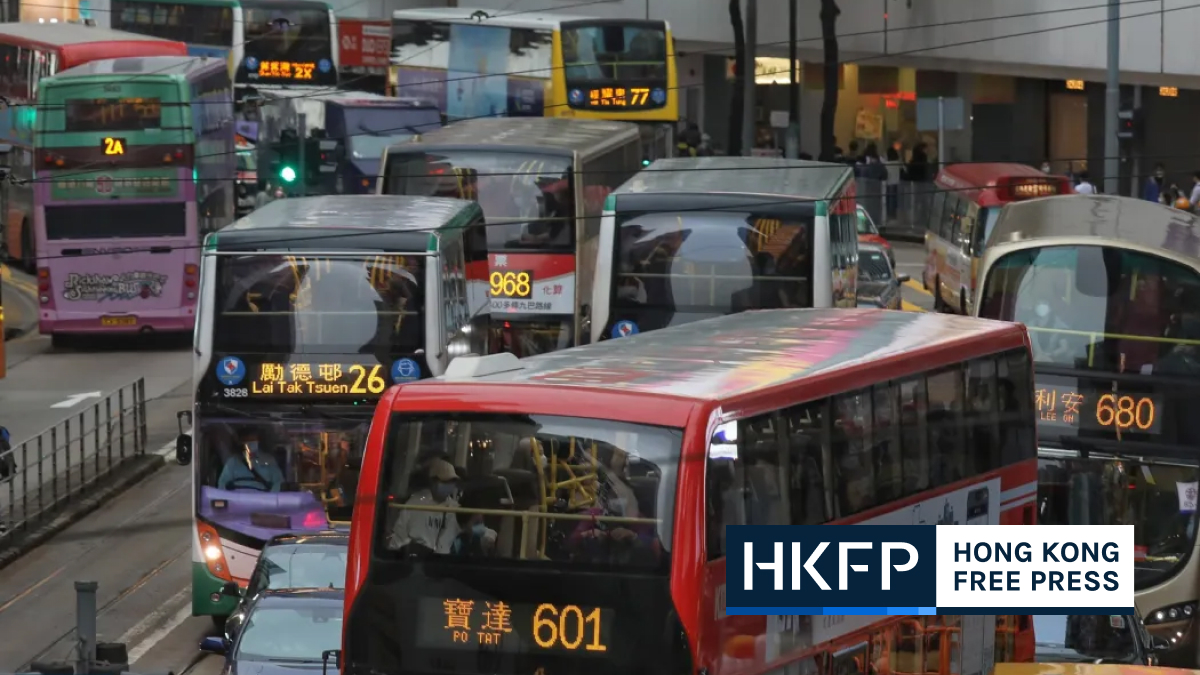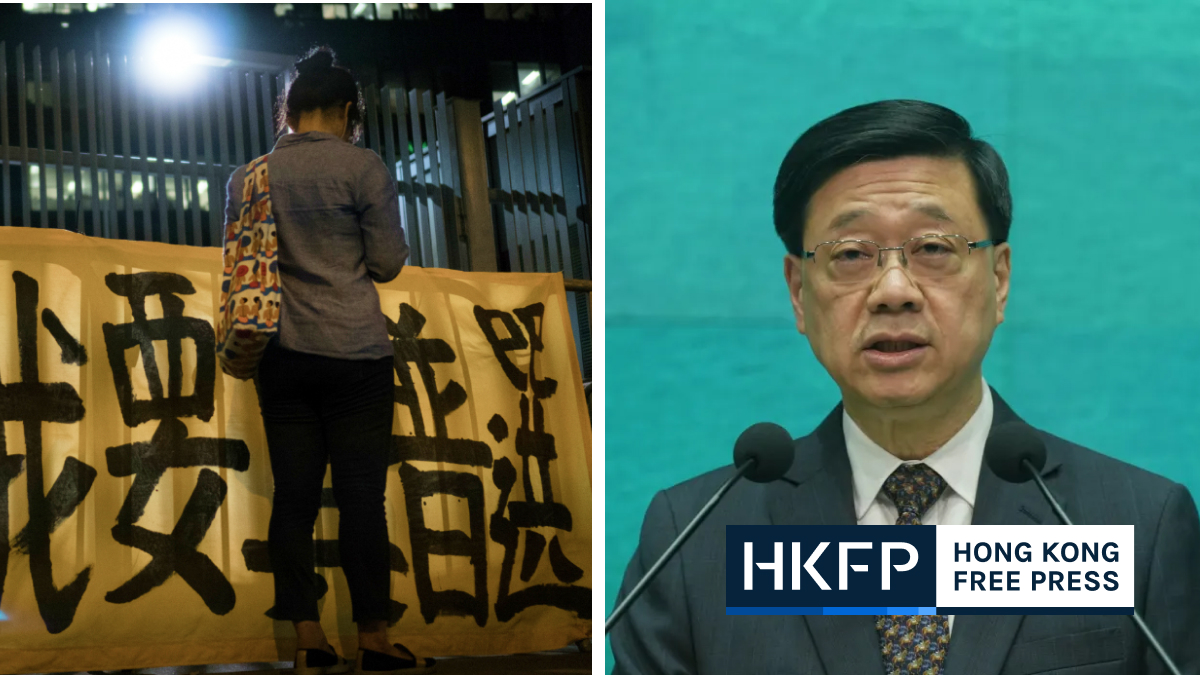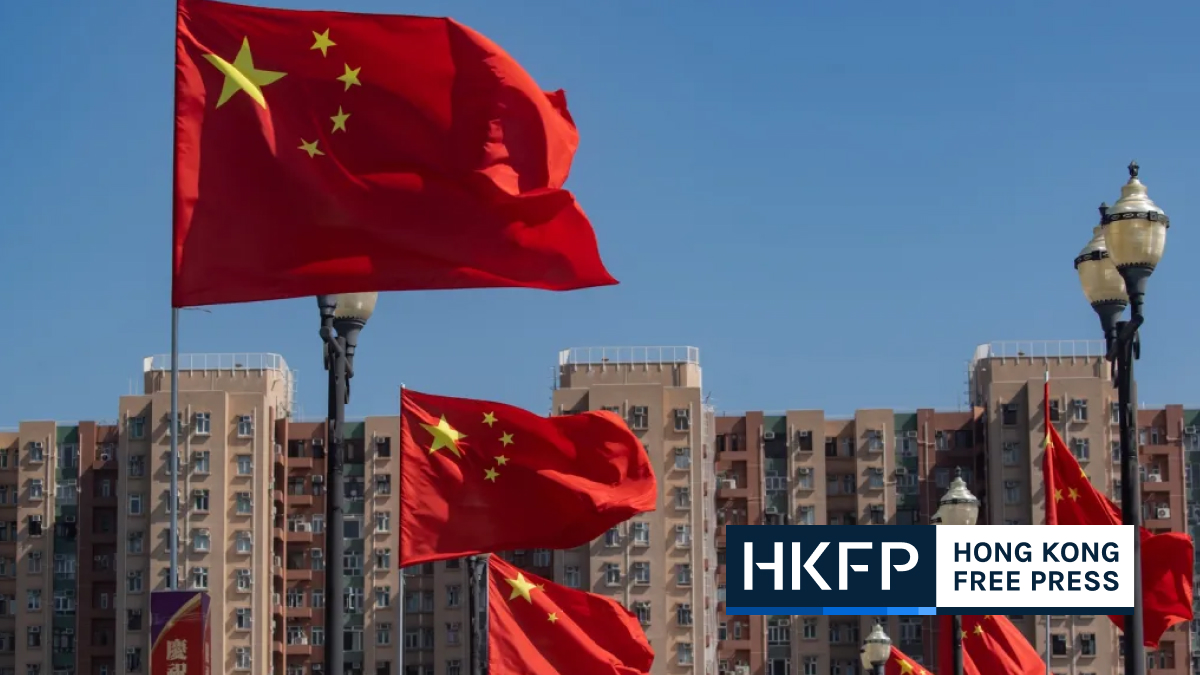Hong Kong’s official arts council has withdrawn support for an annual drama awards ceremony, citing “inappropriate” arrangements last year and warning the organisers they must not breach the law.
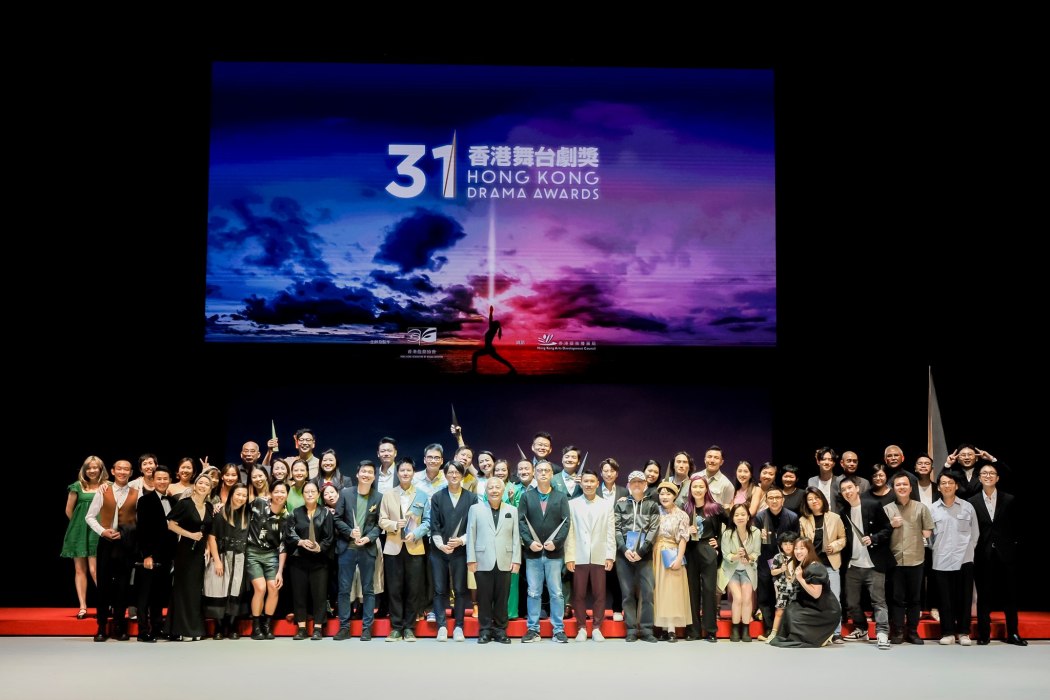
The Hong Kong Federation of Drama Societies – which organises the Hong Kong Drama Awards – said in a Chinese statement on Wednesday that it received letters from the Hong Kong Arts Development Council (HKADC), a government advisory body, in December saying they would not subsidise the awards this year.
The council said in one letter that there were views that last year’s awards may have “directly or indirectly harmed or had negative effect on the reputation of the body.”
In the second letter, the body said it would not be providing subsidies to the organisers this year, citing competition and limited resources.
The Leisure and Cultural Services Department (LCSD) also told the drama federation that it would not be offering a venue for the event this year, the group said.
The awards last year featured presenters including political cartoonist Wong Kei-kwan, known as “Zunzi,” as well as journalist Bao Choy. She was arrested in 2020 over making false statements to access vehicle records while investigating the Yuen Long attacks during the 2019 protests, but cleared of any wrongdoing at the city’s top court.
The HKADC said in a statement to media outlets on Thursday that it had supported the drama group in organising the awards for 24 consecutive years to “commend local outstanding theatre practitioners and their works.”
The council added that it respected the freedom of artistic expression, but that grantees of its subsidies must “abide by the Laws of Hong Kong and assume responsibilities for creation and expression by the individual concerned and his/her organisation.”
Kenneth Fok, the chairperson of the HKADC and a lawmaker, told reporters on Thursday that the council was a government-funded body and hence had to be “especially cautious” about its use of public funds.
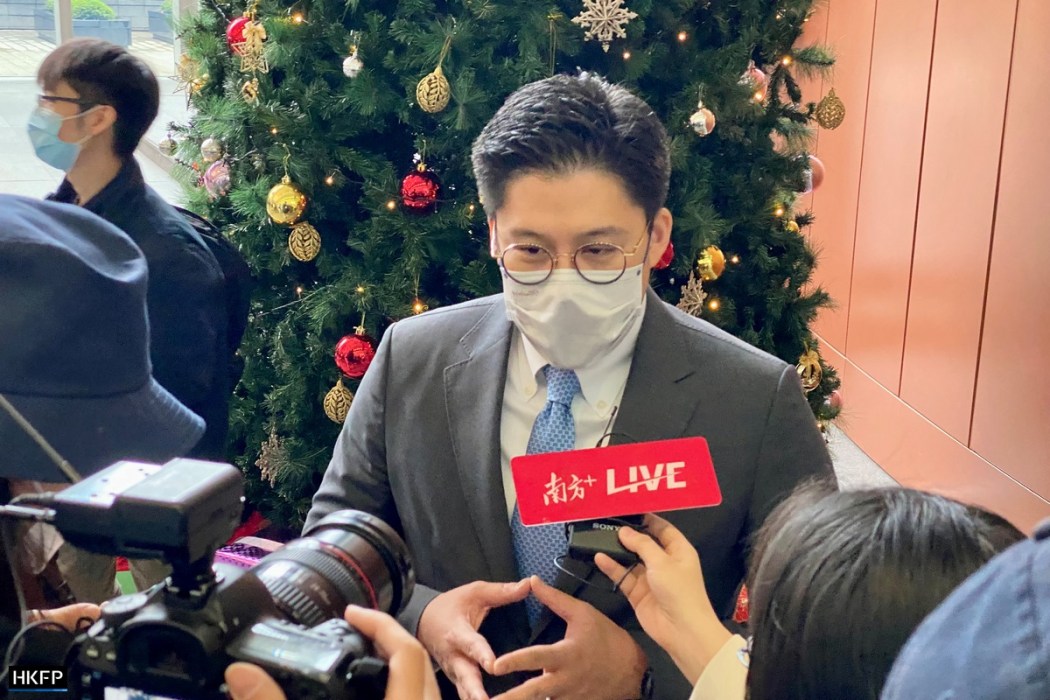
“We constantly review our mechanisms with the government to see if we can do better, and in distributing resources, if the HKADC can reduce the risk of potentially breaching the law, or even the national security law as far as possible,” he said in Cantonese.
‘Different views in society’
First held in 1992, the awards honour industry professionals across categories such as best producer, actor, stage design, composer and more.
Since 1996, the event has been held at a LCSD-operated venue every year, including at the City Hall’s concert hall 22 times. In 2022 and 2023, the ceremony was staged at Kwai Tsing Theatre.
In a response to HKFP, the LCSD confirmed it would not be sponsoring a venue this year after the last event sparked “different views in society.”
“Among them were views that some of the arrangements and content were inappropriate,” the LCSD wrote in a Chinese statement.
“All [initiatives] that receive subsidy from the Arts Development Council must adhere to… the contract, including not damaging or undermining the reputation of the Arts Development Council or causing any negative impacts,” the government department wrote.
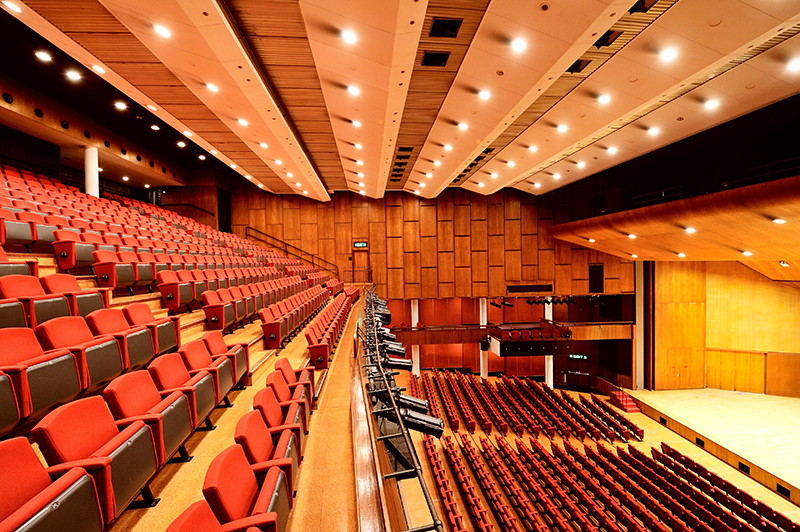
It added that the Arts Development Council can otherwise “modify, or even stop the subsidy arrangements to ensure the proper use of public funds.”
The Hong Kong Federation of Drama Societies said in its Facebook post that its awards ceremony was the oldest on the drama scene and had long received “strong support” from the government and the industry.
Despite the “unprecedented challenges,” it would press on with the ceremony this year, it added.
“After careful deliberation… we have decided to uphold our mission and hold the 32nd [awards ceremony] in recognition of the outstanding drama professionals,” the post read, adding that there would be changes to the event due to limited resources.
Beijing imposed a national security law in 2020 following months of political protests and unrest that began in the summer of 2019. Dozens of civil society groups have disbanded under the law, while critics say it has chilled the climate for free speech and artistic expression. The government, however, maintains that the law has restored stability to the city.
Support HKFP | Policies & Ethics | Error/typo? | Contact Us | Newsletter | Transparency & Annual Report | Apps
Help safeguard press freedom & keep HKFP free for all readers by supporting our team

LATEST FROM HKFP
HKFP has an impartial stance, transparent funding, and balanced coverage guided by an Ethics Code and Corrections Policy.
Support press freedom & help us surpass 1,000 monthly Patrons: 100% independent, governed by an ethics code & not-for-profit.




